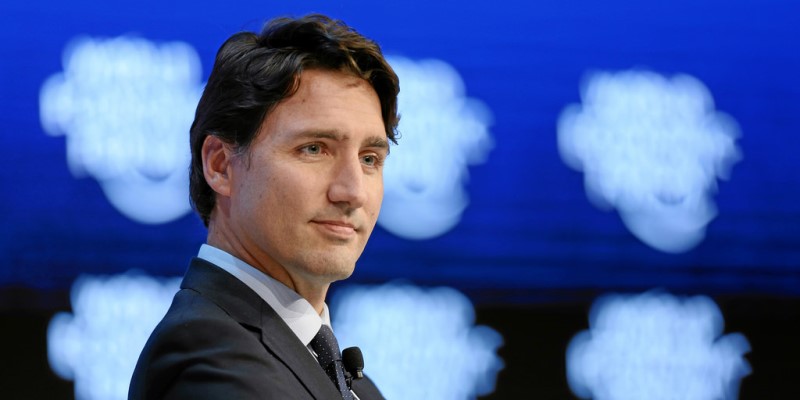Prime minister’s threat to grocery chains won’t solve food price problem

It seems no matter what the policy issue or problem, the Trudeau government’s approach is almost always the same—more government. Top-down planning by politicians and bureaucrats has replaced entrepreneurship, business investment and economic dynamism as the drivers of our economy. More taxes and borrowing, more government spending, and more regulations are the solutions to everything in the Trudeau government’s world. And this approach, which harkens back to the 1970s, has made most problems worse and helped produce a stagnating economy.
The magnitude of the increase in government since Trudeau’s election is stark. Federal spending (excluding interest payments) has increased from $256.2 billion in 2014-15 to an estimated $453.0 billion this year (2023-24). Total federal debt is expected to surpass $1.9 trillion, with interest payments reaching an estimated $43.9 billion this year, which is almost as much as Ottawa provides to the provinces for health care ($49.4 billion).
Now, in the latest example of Trudeau’s “more government” approach, the government has threatened to impose a new tax on grocery chains if food prices are not stabilized. As is so often the case with this government, it seems more interested in appearing to solve problems rather than actually doing the difficult work of solving them. The underlying premise of Trudeau’s threat is that grocery chains are enjoying unprecedented profits at the expense of Canadians.
There’s no doubt that food prices have increased dramatically and remain one of the main drivers of the country’s inflation problem. However, Trudeau’s threat flies in the face of a number of analyses including one by Statistics Canada in the fall of 2022. The study found food price increases are the result of bottlenecks in the supply chain (linked with the economy-wide shutdown during COVID), poor weather conditions in certain agricultural regions, higher fuel and fertilizer prices, the Russian invasion of Ukraine, and higher operating costs for retailers. Notice what was absent in the analysis—grocery store profiting.
This finding generally aligned with the testimony of grocery store CEOs from a Parliamentary hearing in March when they explained that their margins (i.e. rate of profit) remained fairly stable but the volume of their business had increased. And this is buttressed by a recent report by the Bank of Canada, which also investigated potential sources of the country’s current inflation using a sample of firms including big-box retailers. It found “little evidence of rising markups amplifying the inflationary impact of rising costs.” In non-economic English, the increase in consumer prices was largely a result of firms passing along their increased costs to consumers rather than retail firms benefitting from higher prices.
A serious approach to food inflation would focus on reducing costs to producers and encouraging greater supply, both of which would result in lower prices. For instance, the Trudeau government could have delayed the increase in the carbon tax, which increases costs throughout the agricultural supply chain and is one of the causes of food price increases.
Or it could have changed regulations in protected agricultural markets to encourage new entrants, entrepreneurship and ultimately higher production of goods such as milk, eggs and chicken.
Or it could have reduced personal and/or business income tax rates to encourage entrepreneurship and investment, which are both essential to expanding the production of goods and services. Remember, inflation is always about too many dollars chasing too few goods, which means one solution is to expand the amount of goods and services produced.
The Trudeau government’s solution, however, is all about government action, not the actions—and thus the solutions—of individual businesses, entrepreneurs, investors and workers. The failures of government action are increasingly evident to Canadians as they suffer from both higher prices and a stagnating economy—problems that won’t be solved by more government.


